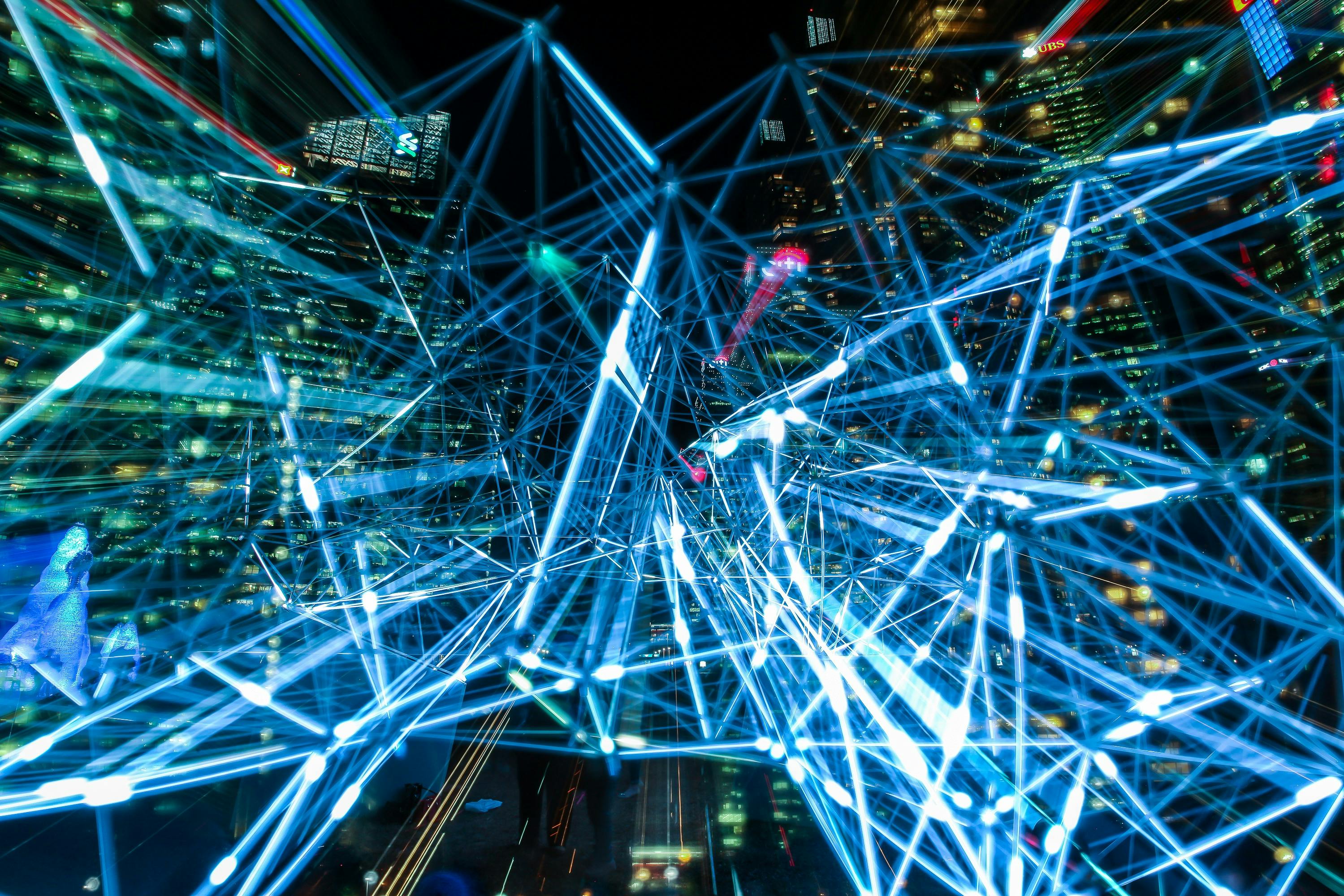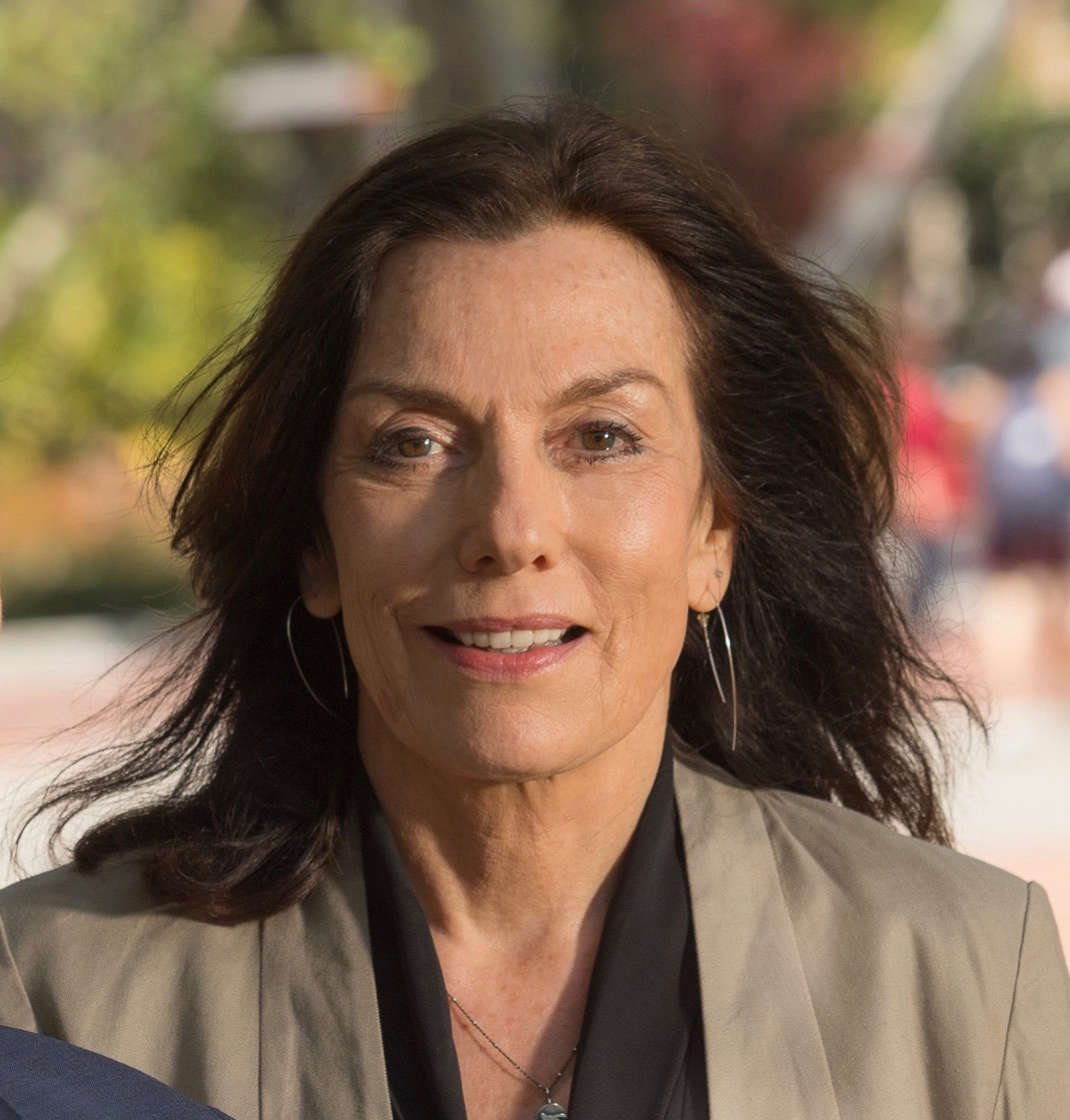In today’s fast-evolving digital landscape, marketing is undergoing a significant transformation. With the rise of artificial intelligence (AI) and generative AI, traditional marketing approaches are being reshaped, unlocking new levels of creativity and innovation. Our recent study, published in the Journal of Interactive Marketing, explores how AI enhances marketing creativity, shedding light on its role as both a tool and a collaborator in the creative process.
The Synergy of AI, Imagination and Human Creativity
Creativity in marketing has long been driven by human intuition, experience, and storytelling. However, AI is proving to be a powerful ally, augmenting human creativity rather than replacing it. According to our study based on interviews with artists and managers using AI in their artistic works and managerial practice, AI serves three key functions in marketing creativity:
- An Instrumental Resource – AI acts as an additional tool in marketers’ creative toolkits, much like a paintbrush for an artist. Technologies such as generative AI, machine learning, and large language models (LLMs) provide new ways to craft engaging content, analyze trends, and personalize marketing campaigns.
- A Catalyst for Idea Exploration – AI helps marketers break creative barriers by generating novel ideas, simulating scenarios, and analyzing consumer behavior at an unprecedented scale. AI-powered tools like DALL·E and ChatGPT inspire marketers by suggesting unconventional approaches and visualizing possibilities that might not be immediately obvious.
- A Tool to Deconstruct the Creative Process – AI enables marketers to reverse-engineer their creative workflows, providing insights into what resonates most with audiences. By analyzing past campaigns, AI can identify patterns of success, offering data-driven recommendations to refine messaging and improve engagement.
How AI Enhances Marketing Strategies
AI’s impact on marketing creativity extends beyond content generation. Our study highlights the broader applications of AI in marketing, emphasizing its role in:
- Personalization at Scale – AI can create hyper-personalized marketing experiences by analyzing vast amounts of customer data. From tailoring ad campaigns to customizing email marketing, AI enables marketers to deliver messages that resonate with individual consumers.
- Optimizing Interactive Campaigns – With AI, marketers can automate A/B testing, optimize social media ads, and refine search engine marketing strategies in real time.
- Enhancing Consumer Engagement – AI-driven chatbots and virtual assistants allow brands to interact with customers 24/7, providing instant support and personalized recommendations.
The Challenges and Ethical Considerations
While AI unlocks immense creative potential, its adoption in marketing also raises important challenges. The study acknowledges concerns such as:
- Algorithmic Bias – AI models learn from data, and if that data is biased, the AI-generated content could reinforce existing stereotypes or exclude certain audiences.
- Loss of Human Authenticity – Overreliance on AI-generated content may lead to a loss of originality and emotional connection in marketing campaigns.
- Privacy and Data Security – AI’s effectiveness in personalization relies on extensive data collection, which raises ethical concerns about user privacy and consent.
To address these challenges, marketers must adopt AI responsibly, ensuring transparency, ethical considerations, and human oversight in AI-driven campaigns.
The Future of AI-Enabled Marketing Creativity
As AI continues to evolve, its role in marketing will only expand. The study suggests three strategic approaches for marketers to maximize AI’s creative potential:
- Inspiring Agile Methods – AI can help teams iterate rapidly, experiment with new ideas, and adapt to shifting consumer preferences in real time.
- Augmenting Human Creativity – Rather than replacing human ingenuity, AI should be used to enhance and complement creative thinking.
- Encouraging Out-of-the-Box Thinking – AI’s ability to analyze patterns and generate unconventional ideas can push marketers to explore new creative frontiers.
AI is not just a tool—it’s a collaborator in the creative journey. By leveraging AI responsibly, marketers can unlock unprecedented opportunities to innovate, engage, and inspire their audiences.
References: Pagani, M., & Wind, Y. (2024). Unlocking Marketing Creativity Using Artificial Intelligence. Journal of Interactive Marketing.
Article Details
Unlocking Marketing Creativity using Artificial Intelligence
Margherita Pagani, Yoram Wind
First Published: July 31, 2024
DOI: 10.1177/10949968241265855
Journal of Interactive Marketing











